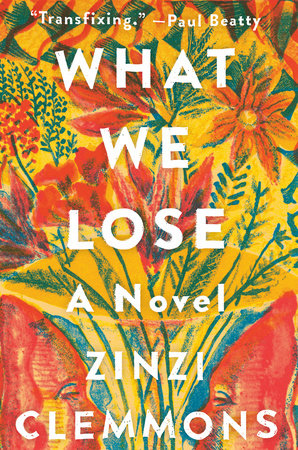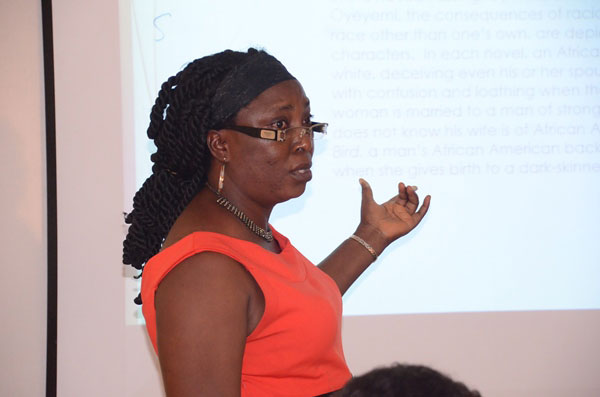An Unexpectedly Complex Architecture for Skin Pigmentation in AfricansPosted in Africa, Articles, Health/Medicine/Genetics, Media Archive on 2017-12-03 03:40Z by Steven |
An Unexpectedly Complex Architecture for Skin Pigmentation in Africans
Cell
Volume 171, Issue 6, 2017-11-30
pages 1340–1353.e14
DOI: 10.1016/j.cell.2017.11.015
Alicia R. Martin, Meng Lin, Julie M. Granka, Justin W. Myrick, Xiaomin Liu, Alexandra Sockell, Elizabeth G. Atkinson, Cedric J. Werely, Marlo Möller, Manjinder S. Sandhu, David M. Kingsley, Eileen G. Hoal, Xiao Liu, Mark J. Daly, Marcus W. Feldman, Christopher R. Gignoux, Carlos D. Bustamante, Brenna M. Henn
Highlights
- Skin pigmentation in Africans is far more polygenic than light skin in Eurasians
- Southern African KhoeSan populations have lighter skin compared to equatorial Africans
- Highly heritable KhoeSan skin color variation is poorly explained by known genes
- The study of African skin color identifies novel and canonical pigmentation genes
Approximately 15 genes have been directly associated with skin pigmentation variation in humans, leading to its characterization as a relatively simple trait. However, by assembling a global survey of quantitative skin pigmentation phenotypes, we demonstrate that pigmentation is more complex than previously assumed, with genetic architecture varying by latitude. We investigate polygenicity in the KhoeSan populations indigenous to southern Africa who have considerably lighter skin than equatorial Africans. We demonstrate that skin pigmentation is highly heritable, but known pigmentation loci explain only a small fraction of the variance. Rather, baseline skin pigmentation is a complex, polygenic trait in the KhoeSan. Despite this, we identify canonical and non-canonical skin pigmentation loci, including near SLC24A5, TYRP1, SMARCA2/VLDLR, and SNX13, using a genome-wide association approach complemented by targeted resequencing. By considering diverse, under-studied African populations, we show how the architecture of skin pigmentation can vary across humans subject to different local evolutionary pressures.
Read or purchase the article here.







